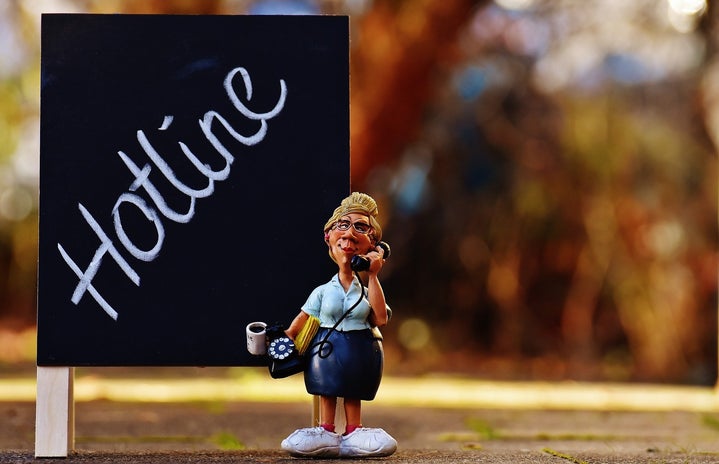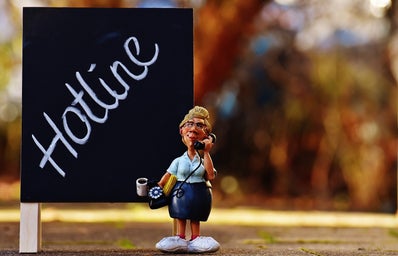I bet that most of you reading this know someone who has or had breast cancer, or at least know someone who does. It, like most cancers, can affect both the young and the old—however, breast cancer is such a widespread health problem that studies estimate that about 1 in 8 women in the US will develop invasive breast cancer in their lifetime. [1] It’s not surprising, then, that it is the second leading cause of cancer death in women. [2]
These statistics are truly harrowing, and there is still much that isn’t known about how to prevent and cure breast cancer. And, just like most other cancers, none of the treatment options (lumpectomies and mastectomies, chemotherapy and other aggressive drugs, etc.) are ideal and can have a multitude of side effects. However, there is always a lot of hope; today, there are about 2.8 million breast cancer survivors in the United States alone, and there are huge campaigns and efforts worldwide to find a cure, once and for all.
There are a lot of important things about breast cancer that scientists have discovered so far. Since October is “Breast Cancer Awareness Month,” here are a few valuable prevention and early detection tips and fast facts from the experts:
- There are certain inherited gene mutations that have been linked to an increased risk of breast cancer. Two of the most well-known and common causes of hereditary breast cancer are due to defects in the BRCA1 and BRCA2 genes. Although only about 5-10% of breast cancers are estimated to be hereditary, it may be a good idea to think about taking a look at these genes if your family has a large history of developing breast cancer—especially if these cancers happened at young ages.
- Overall, white women are more likely to develop breast cancer in their lifetimes; however, it is more common for African-American women under 45.
- Dense breast tissue does not only make reading mammograms harder, but can also increase your risk of developing breast cancer. If you find out that you do have dense breast tissue, talk to your doctor about whether you need to be checked up more often.
- Excess alcohol has been clearly linked to breast cancer, not to mention other cancers. The American Cancer Society recommends no more than 1 alcoholic beverage a day.
- Regular exercise and a healthy diet is pretty much a no-brainer, but in case you need any more convincing… only 2.5 hours of moderate exercise a week can lower your risk by up to 18%.
- Women using birth control pills have a slightly higher risk—however, after you stop using them, the risk appears to back down to “normal” after several years.
- Definitely an idea of how your breast looks, and definitely report any changes (such as lumps or discoloration) as soon as possible to your doctor.
- Remind your mom to get a yearly mammogram screening!
Any kind of cancer is scary and heartbreaking. However, as a woman whose mom had breast cancer at a young age, I have always had particular anxiety about breast cancer. Keeping all of the recommendations from the American Cancer Society and breast cancer researchers listed above in mind can truly save lives. Prevention and early detection is possible, and is an important goal for all women to keep in mind.
If you or a loved one is dealing with breast cancer, know that you are not alone. It is a difficult battle to fight, but there are so many survivors and so much love for every family going through it. Every day, I wake up thankful that my mom was able to beat breast cancer; and hopeful that someday, no one else will have to go through what she did. And I am sure that someday, maybe even someday soon, this dream will become a reality.
[1] http://www.cancer.org/cancer/breastcancer/
[2] http://www.breastcancer.org
(Thanks to both of these sources for providing me with a lot of the information and statistics in this article.)


